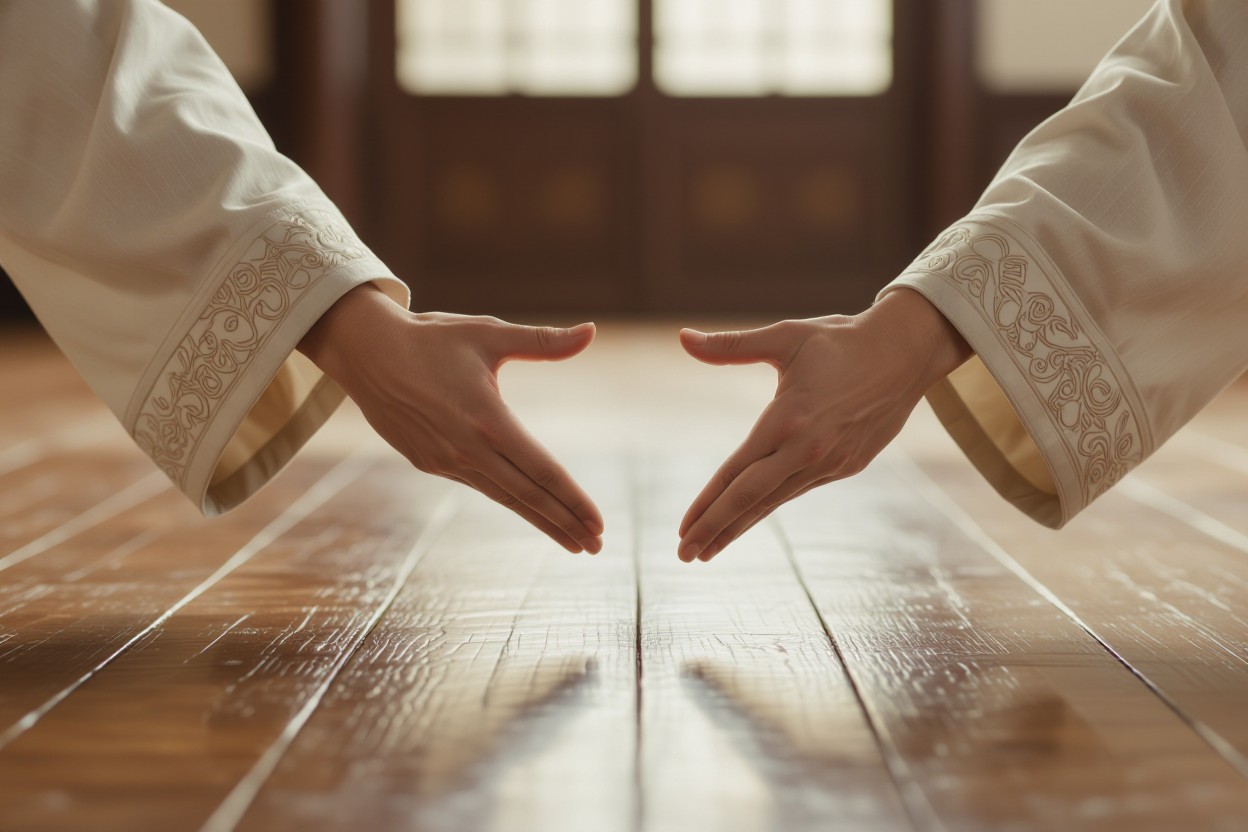There’s growing evidence that Tai Chi – a gentle martial art – offers significant benefits for managing various health conditions. In Edinburgh, you can explore how this slow, mindful movement can aid pain relief and improve your overall well-being. By practising Tai Chi, you engage in low-impact exercises that enhance balance, flexibility, and circulation, making it especially valuable if you face chronic pain or mobility challenges. This guide will help you understand how to safely incorporate Tai Chi classes in Edinburgh into your routine, empowering you to take control of your health through therapeutic movement.

 The Tao of Health: Tracing Tai Chi’s Roots in Edinburgh
The Tao of Health: Tracing Tai Chi’s Roots in EdinburghEdinburgh’s Tai Chi community thrives on a rich tapestry of tradition and local adaptation. The practice arrived here in the 1980s, inspired by masters from China who emphasised the art’s health benefits rather than just martial prowess. You might find that several studios across the city integrate both Yang and Cheng styles, offering diverse approaches tailored to different health needs. As Tai Chi evolved in Edinburgh, it also absorbed influences from Scottish wellness philosophies, blending gentle movement with mindful breathing to provide a unique, accessible route to managing chronic pain and enhancing mobility. This fusion helps the practice remain relevant and effective for your health journey today.
 Mastering Movements: Essential Tai Chi Techniques for Pain Relief
Mastering Movements: Essential Tai Chi Techniques for Pain ReliefPractising slow, deliberate motions such as ‘Wave Hands Like Clouds’ or ‘Brush Knee and Twist Step’ can significantly enhance joint flexibility and reduce stiffness. These flowing sequences foster gentle muscle engagement while promoting circulation, which eases chronic pain symptoms – notably in conditions like arthritis.
Studies indicate that regular performance of these movements lowers inflammation markers and boosts endorphin production, contributing to natural pain relief. Focusing on posture alignment and breath synchronisation during these exercises ensures you maximise therapeutic benefits while preventing strain. If you’re just starting out, try these Tai Chi classes for beginners in Edinburgh to build a solid foundation.

 Combating Chronic Pain and Inflammation through Tai Chi
Combating Chronic Pain and Inflammation through Tai ChiRegular Tai Chi practice has been shown to reduce symptoms of chronic pain conditions such as arthritis and fibromyalgia by promoting gentle joint movement and enhancing circulation. Studies report up to a 20–30% reduction in pain intensity after consistent practice over 12 weeks.
By encouraging mindful, low-impact exercise, Tai Chi in Edinburgh helps modulate inflammatory responses, easing swelling and stiffness. You might notice improvements in flexibility and a decrease in muscle tension, enabling you to manage discomfort with less reliance on medication.
 Bridging Tradition and Modern Medicine: Integrative Care in Edinburgh
Bridging Tradition and Modern Medicine: Integrative Care in EdinburghEdinburgh’s healthcare landscape increasingly embraces integrative approaches, combining Tai Chi with conventional treatments. At the Western General Hospital, for example, a pilot scheme offers Tai Chi sessions to patients with chronic pain, supported alongside physiotherapy. Research from the University of Edinburgh underlines how this combination can reduce reliance on medication by up to 30%, showing promising results for conditions like arthritis and fibromyalgia.
For tailored support, some programmes focus specifically on Tai Chi for stress relief in Edinburgh, combining physical rehabilitation with emotional well-being to foster a holistic path to recovery.

 Evolving Practices: Advanced Techniques for Rehabilitation
Evolving Practices: Advanced Techniques for RehabilitationEnhancing Recovery Through Precision and Focus
Building on foundational movements, advanced Tai Chi techniques integrate controlled breathing, intricate hand forms, and balance challenges designed to target specific rehabilitation goals. You engage your neuromuscular system more deeply by incorporating weighted movements or external cues – which helps improve coordination and proprioception, especially useful after strokes or joint surgeries.
Integrated Breathing with Movement
Weighted Forms for Muscle Strength
Dynamic Balance Drills
Visual and Auditory Feedback Training
Individualised Movement Sequencing





Advanced learners or those in recovery can explore Tai Chi for rehabilitation and recovery in Edinburgh for more structured programmes.
 Final Thoughts
Final ThoughtsBy practising Tai Chi regularly, you engage in a low-impact exercise that not only promotes flexibility but also enhances balance and coordination, reducing the risk of falls by up to 58% in older adults. Many individuals in Edinburgh have reported a significant decrease in chronic pain symptoms, such as arthritis and fibromyalgia, after consistent sessions.
For older adults or those new to movement practices, Tai Chi for seniors in Edinburgh provides an ideal entry point. Alternatively, this Edinburgh Tai Chi guide for over 40s outlines gentle exercises that actually work – no experience needed.

